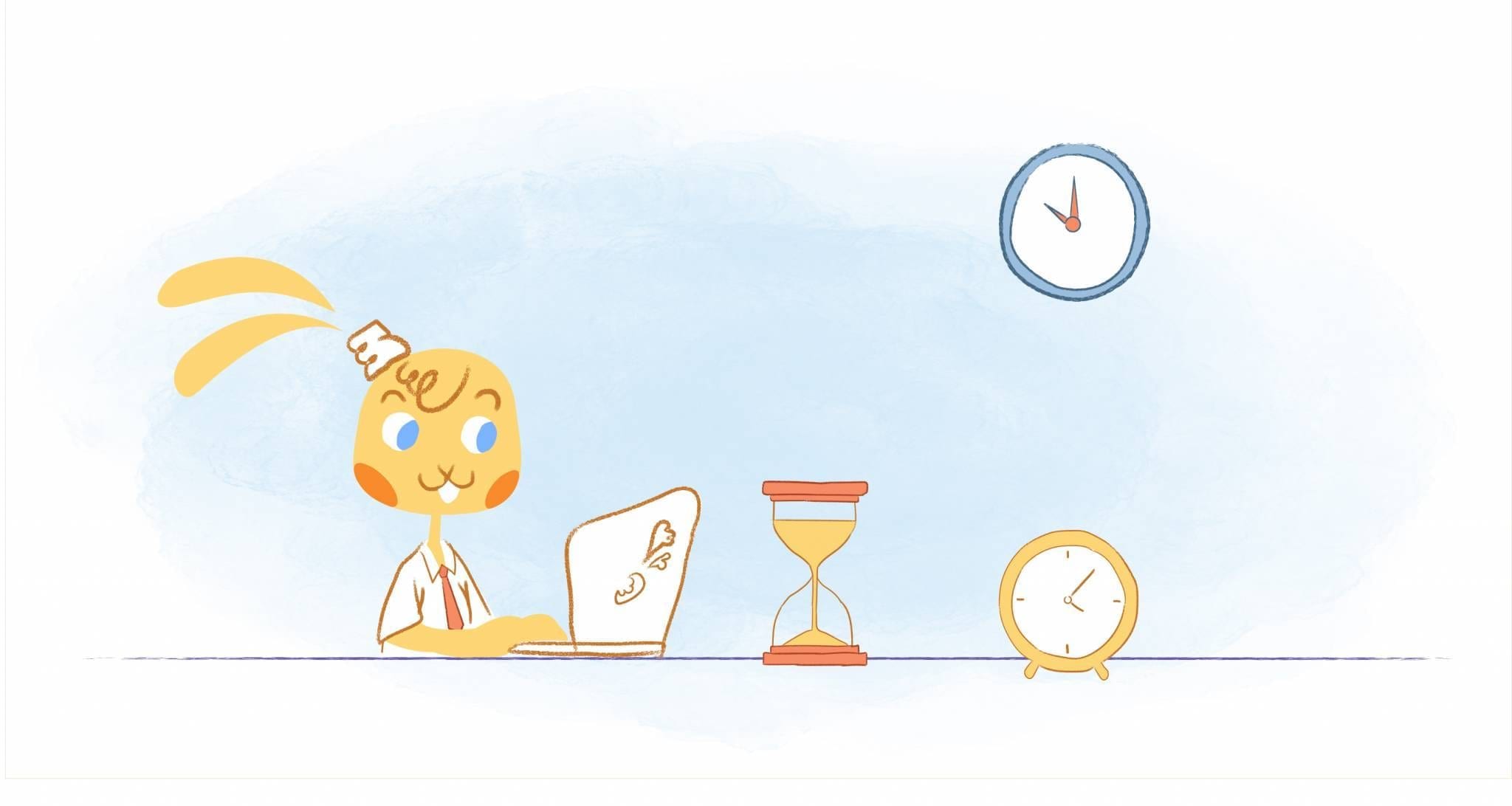

You may think that having a workhorse of an employee is a good thing, and it is. But letting that employee work him or herself to a state of misery most definitely is not. Time off is an essential part of a healthy work-life balance. When your employees are out of balance, your business can suffer.
If your employees aren’t requesting adequate time off on their own, it’s time to take action.
Less Time, More Stress
We know that time is our most valuable asset. It is non-renewable and can make or break our company in terms of success and productivity. In the same way, that time is valuable to a company, time is valuable to the employee.
It took decades of regulation and unionization to find the balance of the modern workweek, commonly accepted as 40 hours — popularly referenced as a “9 to 5.” The present-day concept of the weekend didn’t even exist until the 1920s.
More recently, however, Americans have let their workdays creep back up. The result? Longer weeks and more burnout.
The average American clocks nearly 47 hours per week, while 18% of full-time employees work over sixty. These extended hours result in Americans working 50% more than most of their international counterparts, including Japan, a country revered for its gritty work ethic.
A Gallup study found that nearly two-thirds of full-time employees experienced some form of burnout at work. Some reasons included unfair treatment, unreasonable deadlines, unmanageable workloads, and a lack of support from supervisors. The study also blamed the 24/7 access to work afforded to employees by digital tools.
These extra hours are impacting more than just employees’ personal lives. A CNBC employee burnout analysis cited a study attributing burnout to serious health risks, including type 2 diabetes, coronary heart disease, gastrointestinal issues, and high cholesterol.
Why Aren’t Workers Using Their PTO?
The point of paid time off is to alleviate burnout. But many workers aren’t taking what little they get.
The average American in an entry-level position gets just 10 days of paid vacation each year. There are three reasons they leave some on the table:
Anxiety
The thought of missing work stresses people out. Employees feel that their workload is too large to up and go on vacation. The idea of leaving work causes anxiety — especially if a holiday is for no purpose other than relaxation.
Workloads pile up while out on vacation. To some workers, the additional work upon return makes vacations more trouble than they’re worth. Others worry fearful that their absence will cause them to miss out on some crucial decisions that will significantly impact their work life.
Although these fears might seem dramatic, some are backed by data. An Oxford Economics survey found that 13% of managers are less likely to promote employees who use up all of their vacation time. Meanwhile, the same study found that employees that didn’t take any vacation days at all earned up to 2.8% more per year.
Regret
Some employees, particularly Millennials, won’t miss work for reasons because it makes them feel guilty. They’re worried that their absence will give their co-workers or supervisors more work to do. They don’t want to overwhelm someone else, so they can “selfishly” have time off.
There’s also the argument that managers feel guilty about taking vacations. Because they’re paid more, they tend to be able to afford more extravagant getaways than some of their staff. Rather than give their team more work and go on a beach vacation, they stay home and continue working.
Pressure
Workplace technology has put a bit of a damper on vacation days and getaways. The freedom to work from anywhere has made it easy to keep working via email, conference calls, and video chat.
Employees might feel that if they go on vacation, it won’t be a real vacation. If that they’ll still be expected to be on call, why spend the money to go somewhere? Why try to relax if they’ll be working anyway.
Help Workers Take More Time Off
When your employees don’t feel that they can step away from the job, it can put a strain on their mental health. Vacations are essential for that. To show them that time away is OK:
Encourage Tech Detox
If you promote a tech detox at the end of each day, your employees will know that you value their work-life balance. As a result, they won’t feel guilty about booking that beach getaway or a long weekend with friends.
Promote Collaboration
Train your employees to work together on projects. By giving them a workspace that encourages collaboration, your workers will naturally bond and understand each others’ roles. They’ll know that team members have their back when it’s time for a break.
Plan Non-Work Related Seminars
Don’t forget to plan non-work events. Hosting events, discussions, and outings will help employees know that you support a healthy work-life balance. Maybe you hold a monthly culture conversation, a bi-weekly happy hour, or a get-together over lunch.
The best way to lead is, by example. When you take time off work, your workers will feel more comfortable scheduling theirs. Conversely, if they see you never take a day off, they’ll think that your expectations are the same from them. Model healthy habits, and you’ll build a strong team.











Deanna Ritchie
Editor-in-Chief at Calendar. Former Editor-in-Chief and writer at Startup Grind. Freelance editor at Entrepreneur.com. Deanna loves to help build startups, and guide them to discover the business value of their online content and social media marketing.